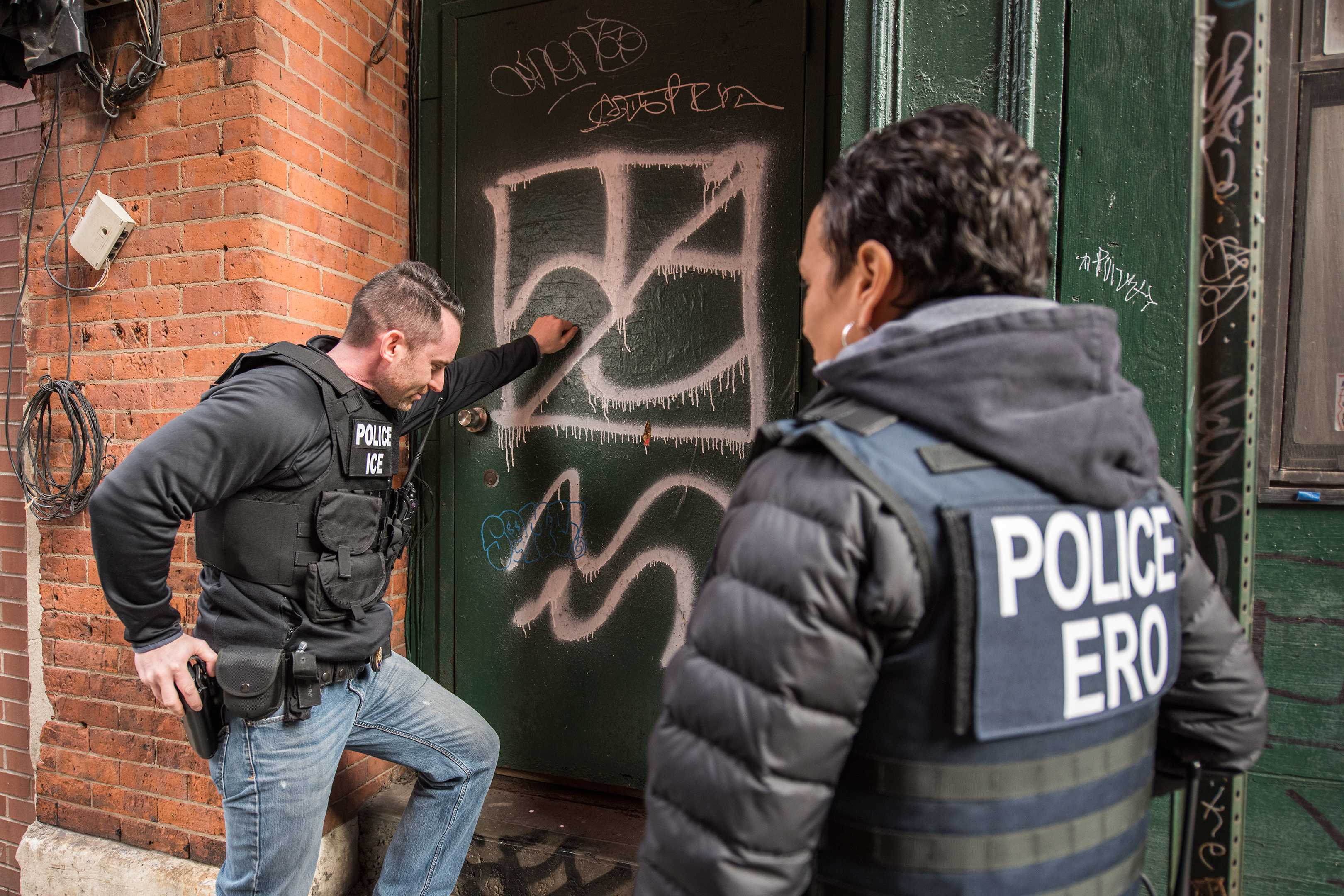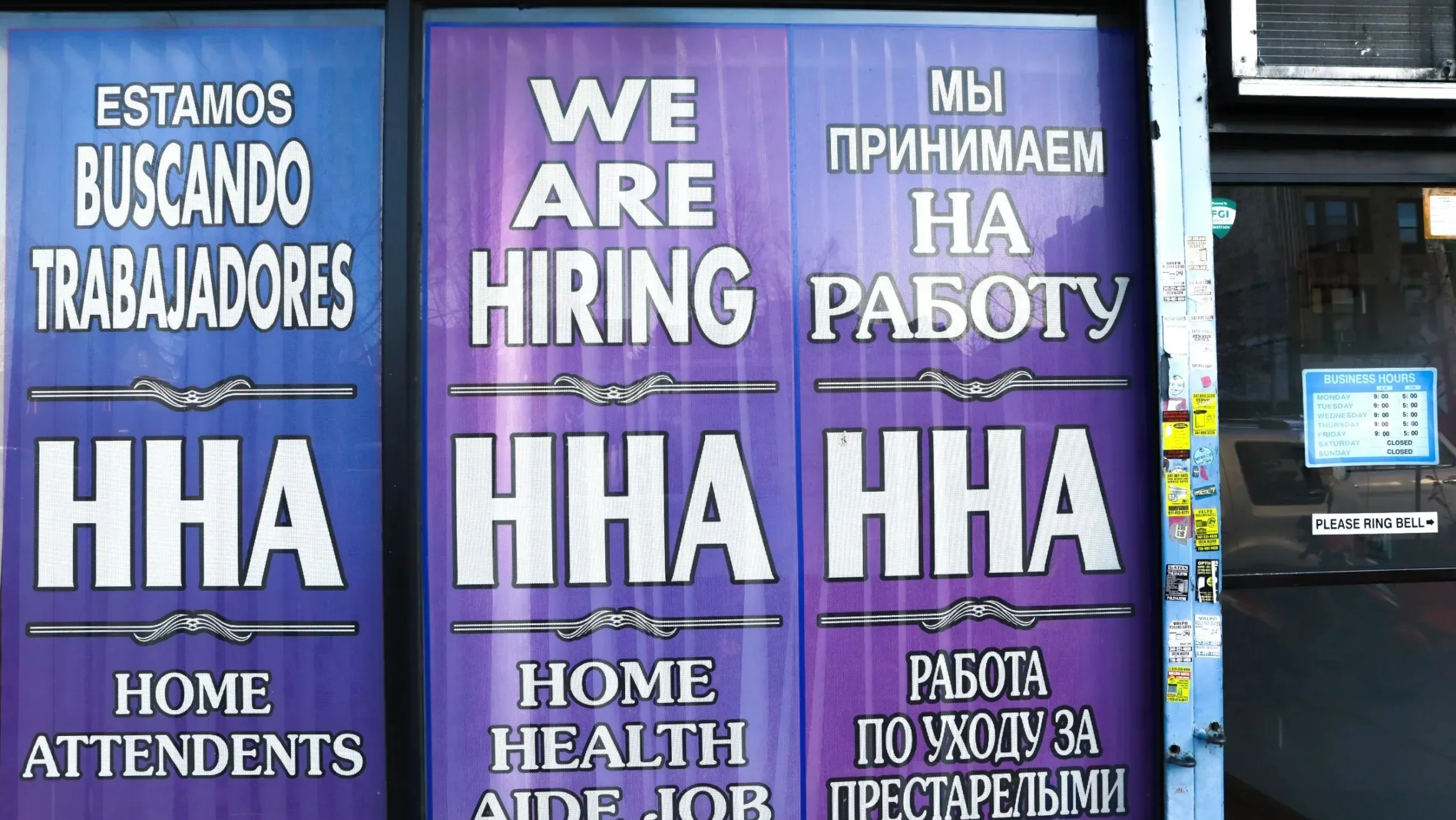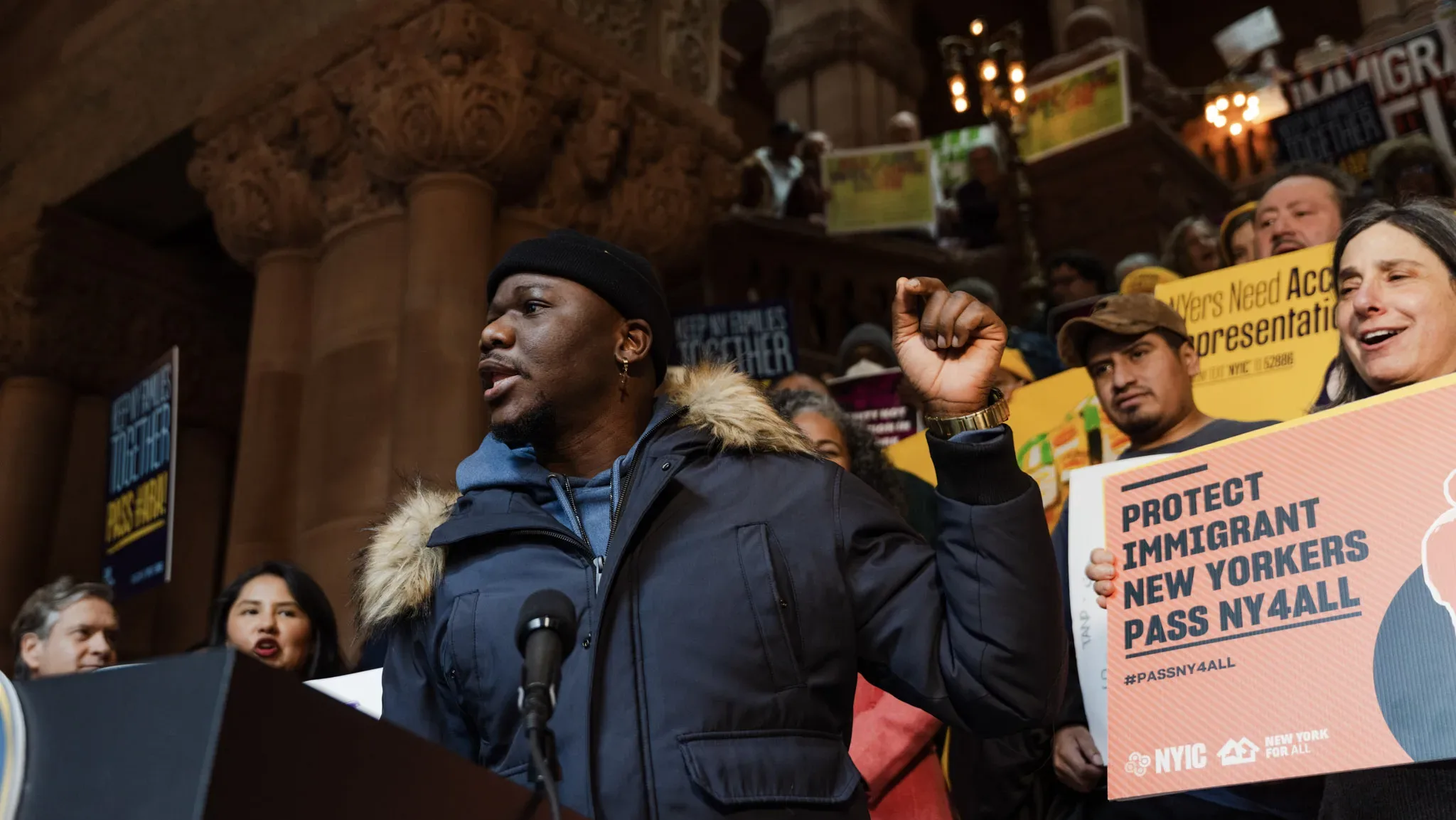This summary about the Central American Minors Program was featured in Documented’s Early Arrival newsletter. You can subscribe to receive it in your inbox three times per week here.
Reporter Giulia McDonnell Nieto del Rio spoke with families and advocates involved in the Central American Minors program. The Obama-era immigration pathway allowed kids from Guatemala, Honduras and El Salvador to legally join family in the U.S., but the Trump administration canceled it in 2017.
Also Read: The Central American Minors Program Struggles to Get Back on Its Feet
The Biden administration reopened the program in March of last year, but Documented’s reporting shows that it is struggling to stay operational. In its first calendar year back in action, the program only awarded 229 applicants refugee status – a decrease of 82% from its heyday of approving 1,334 applicants back in 2016.
Lack of Resources
The trouble, says Nieto del Rio, is that cases can only be processed via resettlement agencies, which lack resources and are currently overburdened by other crises like the arrival of evacuees from Afghanistan and Ukraine.
“They need more funding and resources to really focus on being able to reach more families and to get through these applications. Without that, it’s hard for the program to really grow,” she says.
Some private agencies — like Catholic Charities of the Archdiocese of New York, which has been able to allocate just one employee to processing CAM applications part-time — are “even a little bit nervous about doing outreach” for the program, Nieto del Rio adds, noting: “They just don’t have the resources to deal with the possible volume of applications coming in.”
A Path Out, Too Late
While families are thrilled to hear the program is running again, many remain unsure they’ll have a happy ending, Nieto del Rio says.
“There’s been a lot of emotional whiplash, a lot of back and forth” of hopes raised and then dashed by CAM, she says. “It’s a great thing that the program has reopened, but it’s been really difficult for families in the interim, and some people may not be eligible anymore because they no longer live in the country.”
Resettlement agencies have found that many CAM program applicants whose cases were closed during the Trump era have already attempted to make their way to the U.S. through much more dangerous methods.
“These kids were already in dangerous situations back home; they didn’t have the luxury of potentially waiting five years to just see what happens,” Nieto del Rio explains.
Read the full story exclusively on Documented here.
STORIES WE ARE FOLLOWING
New York
NY’s $27 million hurricane relief fund for undocumented immigrants has dispersed less than $2 million: Administrative hurdles, difficulties documenting losses, and fear of applying for government assistance have contributed to the slow distribution of funds. –City Limits
Eligibility restrictions keep immigrants from health care coverage: Young children are nearly universally covered by health insurance in New York City, but coverage for adults and undocumented immigrants is patchier, researchers found: –Columbia University Center on Poverty & Social Policy
Around the U.S.
U.S.-born Asians have higher abortion rate than Asian immigrants: Asian immigrants seeking abortions face language, insurance and income barriers that will worsen if the Supreme Court overturns abortion rights. – NBC News
Podcast: The next immigration battleground is schools: The Justice Department’s Office of Immigration Litigation discusses Texas Gov. Greg Abbott’s move to challenge the right of all students to public school education regardless of legal status. –Bloomberg Law
Afghan refugees still adjusting to new life in the U.S.: Challenges face those who made it to America, many of whom arrived under humanitarian parole and must now find more permanent ways to stay in the U.S. –Associated Press
California moves toward food assistance for all: Activists and lawmakers look to remove immigration restrictions from California’s food assistance program, as 45% of undocumented immigrants in the state face food insecurity. –The Counter
L.A. approves free legal representation for immigrants facing deportation: The Los Angeles Justice Fund started as a pilot program in 2017, but is now here to stay with the city council’s approval. –LAist
Washington D.C.
Migrant families separated under Trump struggle for reparations under Biden: Families separated at the border during the Trump administration have filed at least 22 federal lawsuits seeking financial compensation for the trauma they endured. –CBS News
Lawmakers struggle to pass COVID aid package amid immigration dispute: The package is stalled in the Senate as Republicans push to include language that maintains Title 42 immigration restrictions. –The New York Times
Under Biden, the border wall is more powerful than ever: The border wall system under the Biden administration employs a mix of barriers, technology and personnel to regulate migration. –The Nation
Most American adults still believe American Dream is achievable: Data back up this Gallup poll finding, as many immigrants and their children are achieving financial success. –Axios














